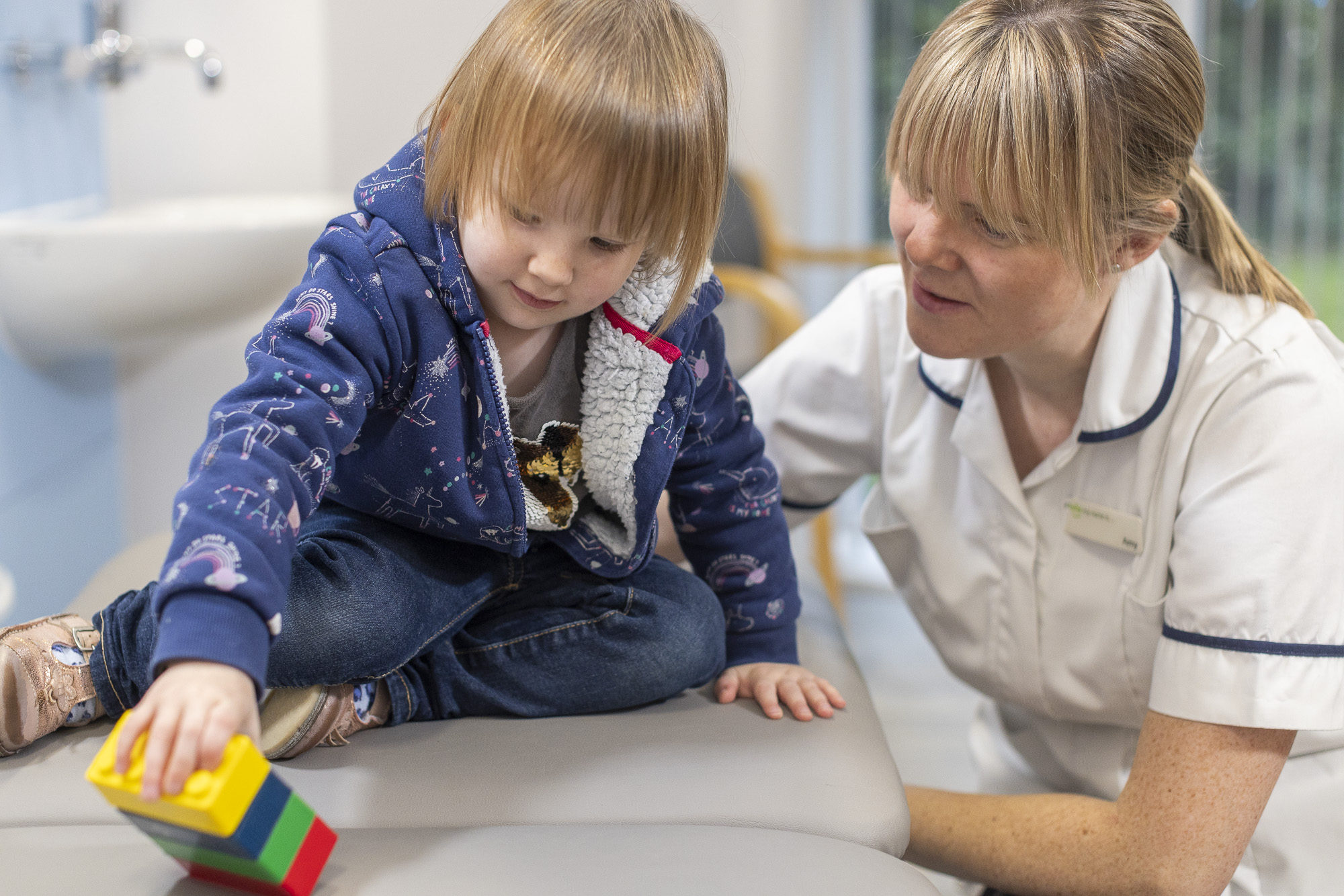
Supporting good health for children
The mission of the Health Sciences University Paediatrics team is to commit to the best possible musculoskeletal healthcare for the infant and child.
Our aim is to help support good health for children, free from musculoskeletal imbalance or disability in the long term. Since infants are the number one user of health care of any age group, it was obvious for us to focus first on the needs of the infant population and their families.
Our team have worked on a variety of projects to answer a range of research questions:
- Who uses our practice? What kinds of complaints are routinely presented to our clinic?
- What do mothers want from our care?
- How do parents rate their satisfaction with care?
- Do excessively crying infants improve with chiropractic care?
- Do infants with reduced cervical spine motion have improved range of motion with chiropractic care?
- Do infants struggling to breastfeed improve with chiropractic care?
- Is chiropractic care safe for children?
Our research has been designed to help find answers to those questions and others. Find our research on the topics and discover more about how we’re helping parents help their children.
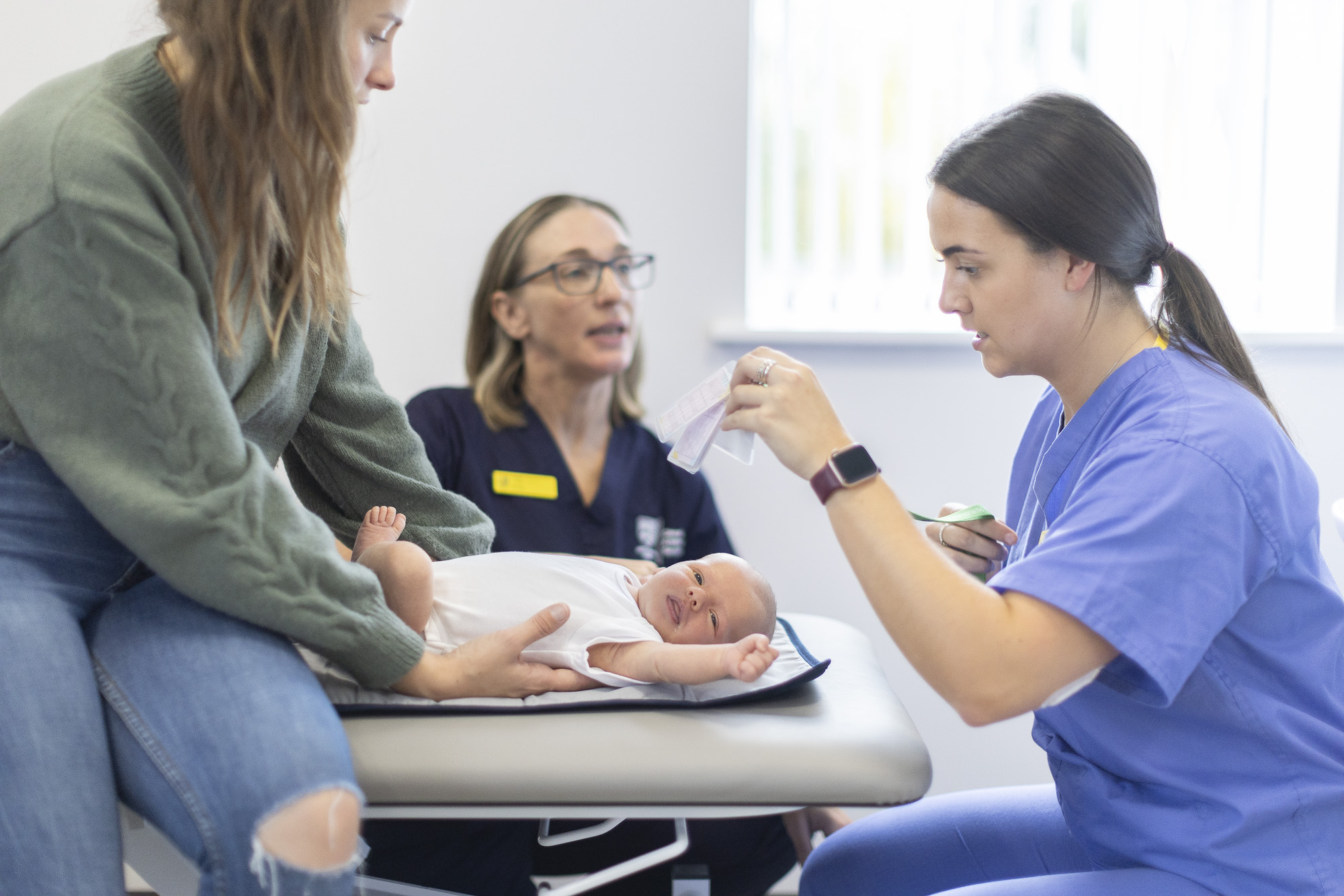
Newborns and Infants
Parenting newborns and infants can be a challenging and stressful time, especially when things do not go to plan. Many of the primary concerns of parents relate to important public health issues for infants. For example, crying is an issue that affects all families with newborn babies.
However some babies cry excessively and inconsolably, with little help available from routine types of care. Research has shown that there is an association between difficult births and excessive crying, or infant colic. It has been suggested that difficult births can lead to musculoskeletal problems in infants. This is particularly the case for infants who cannot sleep comfortably supine.
Other health issues which parents may want help to cope with include:
- Difficulty with breastfeeding, which is protective against morbidity and mortality in both infant and mother
- Infants unable to sleep comfortably on their back, which is protective against sudden infant death syndrome (SIDS)
- Infants unable to turn their head equally both directions, which can later result in an asymmetrical head shape (positional head deformity, plagiocephaly)
It is necessary to provide quality healthcare for infants, and to meet the needs of parents in terms of their infant’s healthcare.
Our research has been designed to help find answers to the questions and challenges facing infant healthcare.
Several studies have shown no adverse events resulting from chiropractic care for the infant. One study of over 7000 treatments in the HSU clinic found no adverse events. The most common side effect reported from treatment was better sleep.
Latest News
Discover and read all the latest news, press releases and happenings here at Health Sciences University.
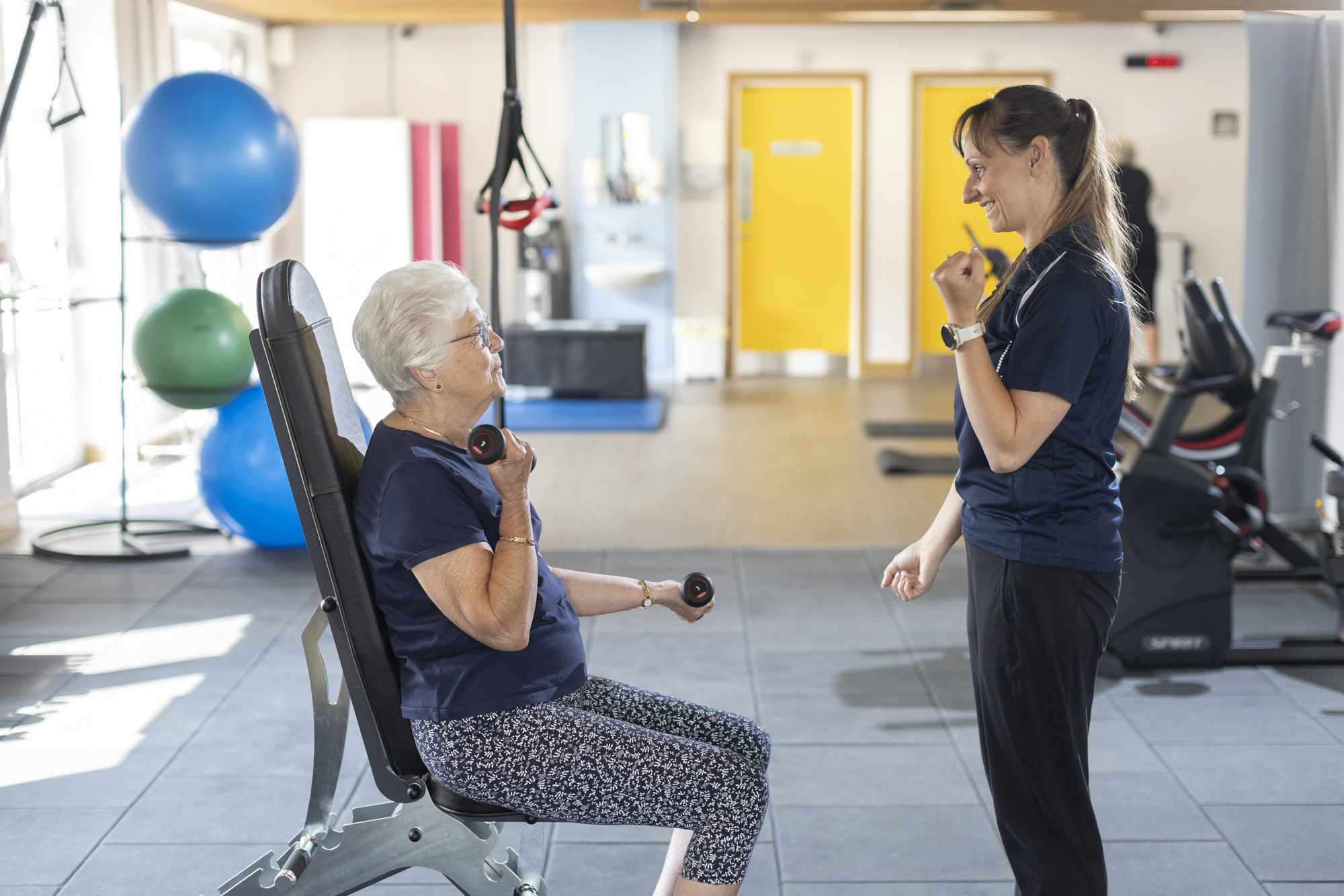
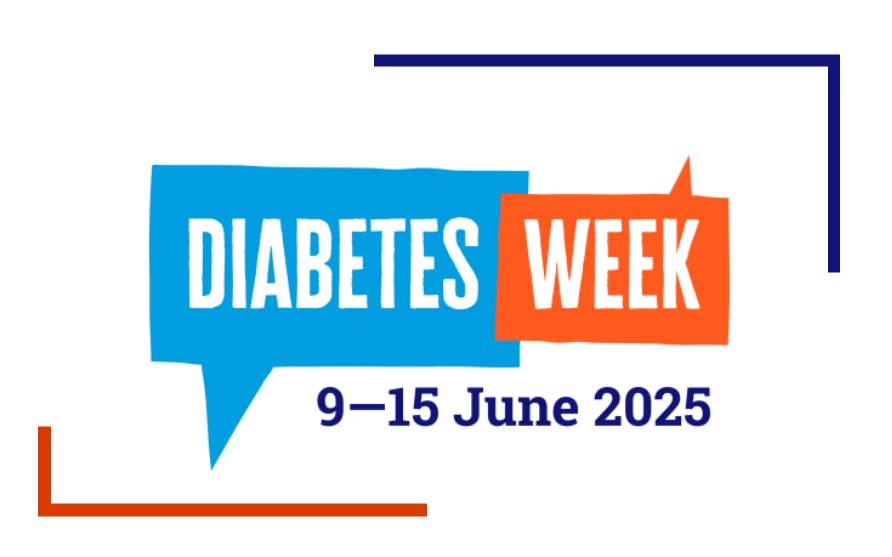
Diabetes affects foot health. Learn why checks matter and how HSU trains podiatry students to prevent complications.
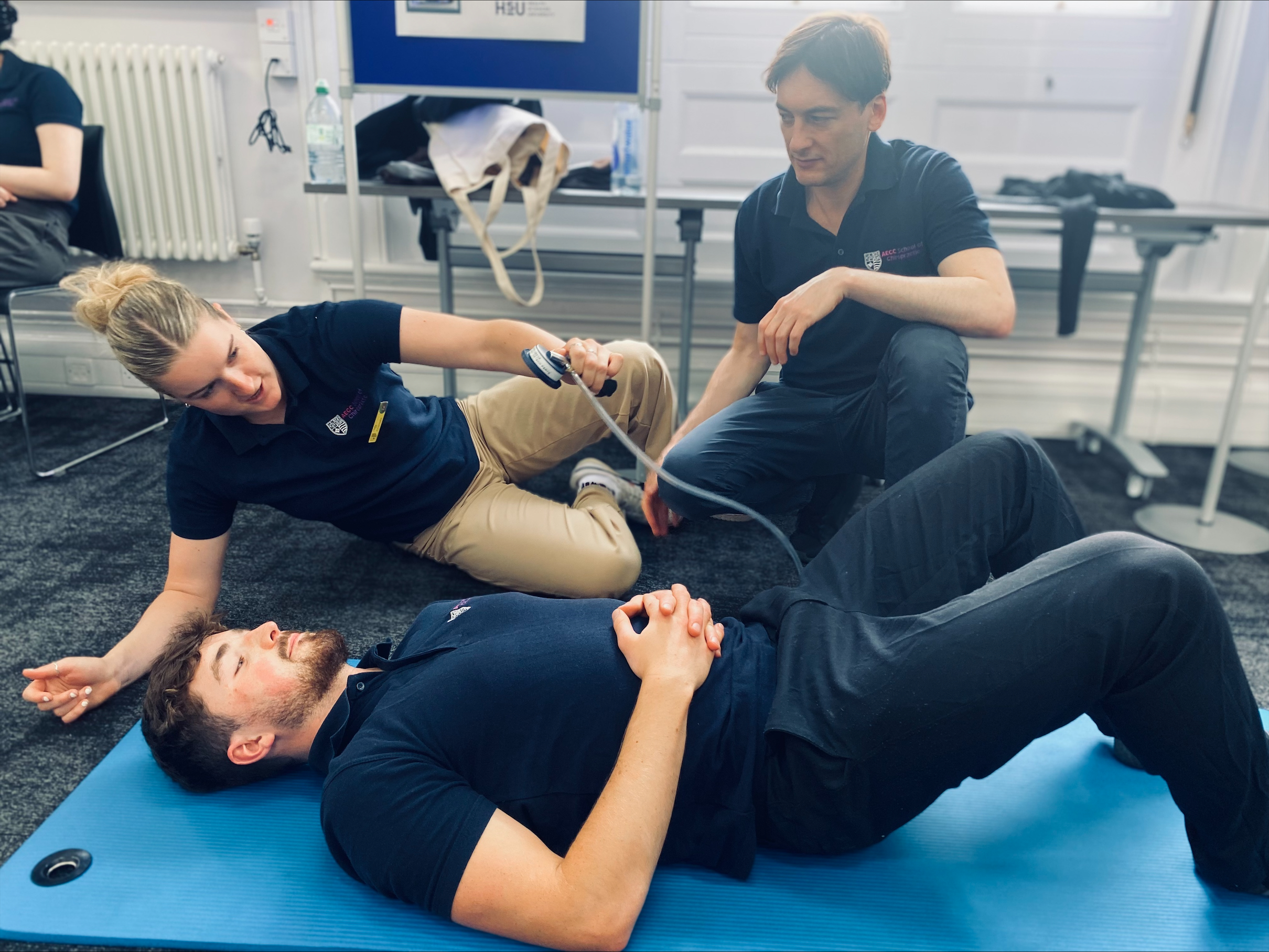
First-ever student-led Sports Placement Symposium celebrates clinical excellence, peer learning, and innovation in chiropractic education.

An immersive pilot week brought together 110 students from five allied health professions to collaboratively explore stroke care through simulation-based interprofessional learning, strengthening teamwork and patient-centred care skills.

HSU podiatry students supported runners at the 2024 TCS London Marathon, gaining real-world experience in foot care and injury treatment.
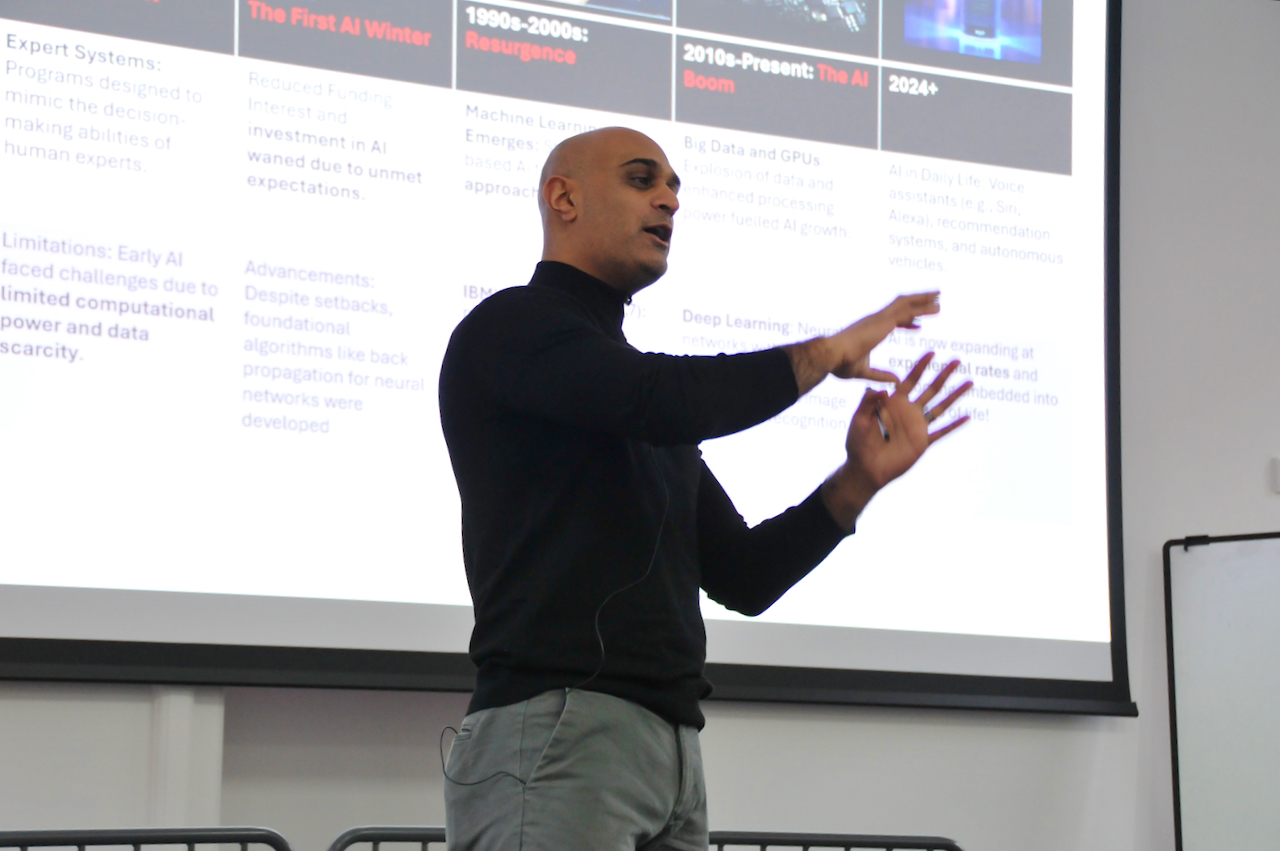
We were proud to deliver a ground breaking and first of its kind session on AI and Digital Technologies in Physiotherapy and Healthcare to our final-year physiotherapy students.
